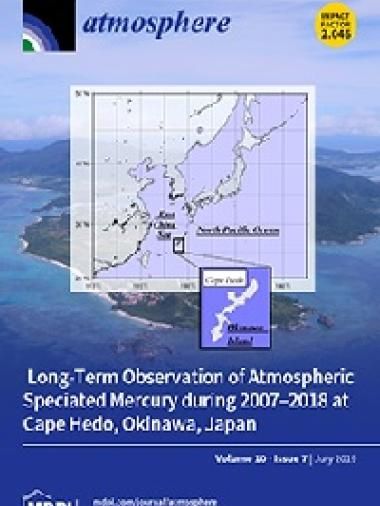Utility and Triggers in Uptake of Agricultural Weather and Climate Information Services in Senegal, West Africa

Weather and climate information services (WCIS) are gaining recognition among scientists and governments as an essential adaptation tool for agriculture, especially in the drylands of Africa. In Senegal, the widespread production and dissemination of WCIS was initiated in 2015 to cover the agricultural, pastoral and fishing sectors. This paper analyzes the types of decisions made by WCIS users, their preferences and level of satisfaction, and explores the triggers of agricultural WCIS adoption. We collected data during the onset and cessation of the rainy seasons to understand the utility and reliability of WCIS by farmers across all stages of the growing season. Data were analyzed using descriptive statistics. A binary logistic regression was tested to understand the socio-economic triggers in uptake of WCIS. Results showed that rainfall forecast is the most preferred WCIS (49% of the respondents) followed by extreme wind forecast. At the beginning of the rainy season, nearly 80% of the respondents have chosen the sowing date and about 60% have chosen crop varieties based on disseminated WCIS. In the middle of the growing season, about 70% of the respondents used WCIS to decide on fertilizer application dates. Results also showed that age and level of education, being trained on WCIS use, membership to farmers’ organizations, owning a radio have a significant effect on WCIS-based decision-making. These factors are essential for triggering the uptake of WCIS, and therefore are required to improve the implementation of existing weather climate services in Africa.
Citación
Ouédraogo I, Diouf NS, Gnalenba A, Zougmoré RB, Whitbread AM. 2021. Utility and Triggers in Uptake of Agricultural Weather and Climate Information Services in Senegal, West Africa. Atmosphere 12(11):1515.